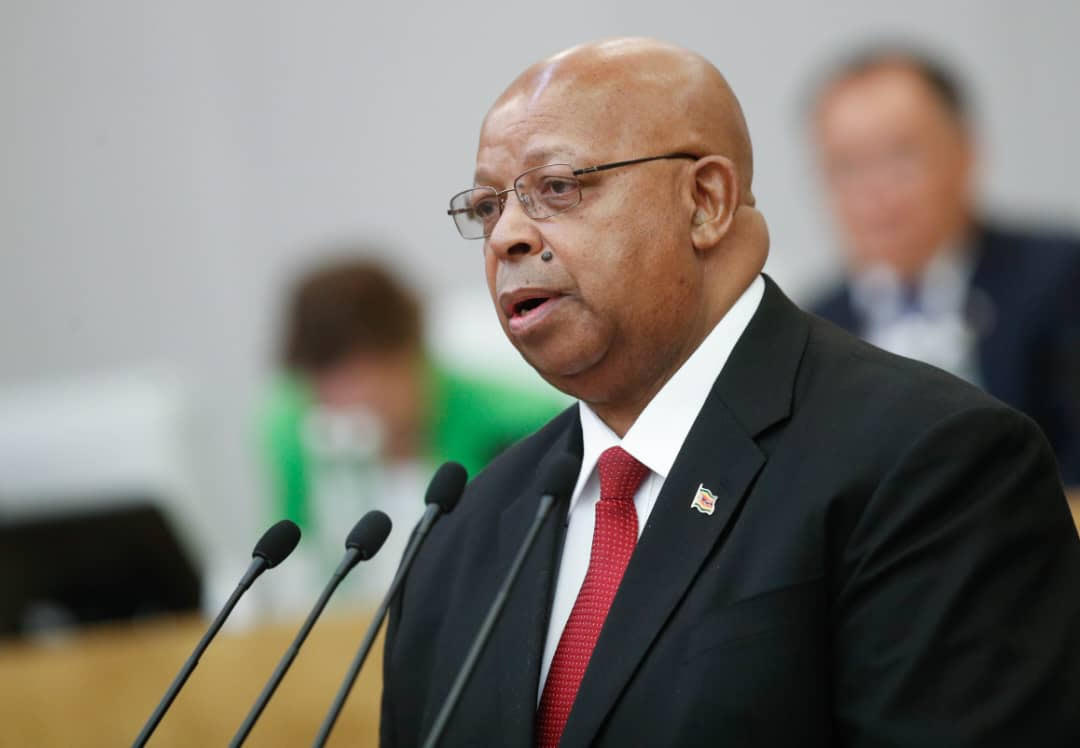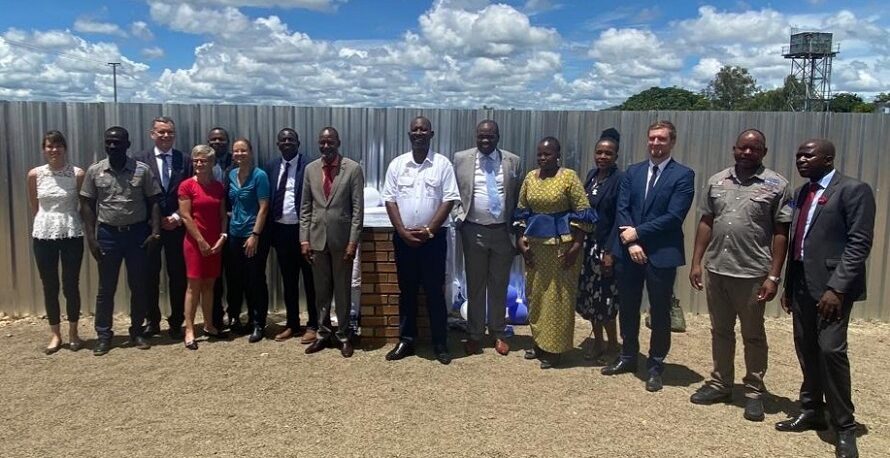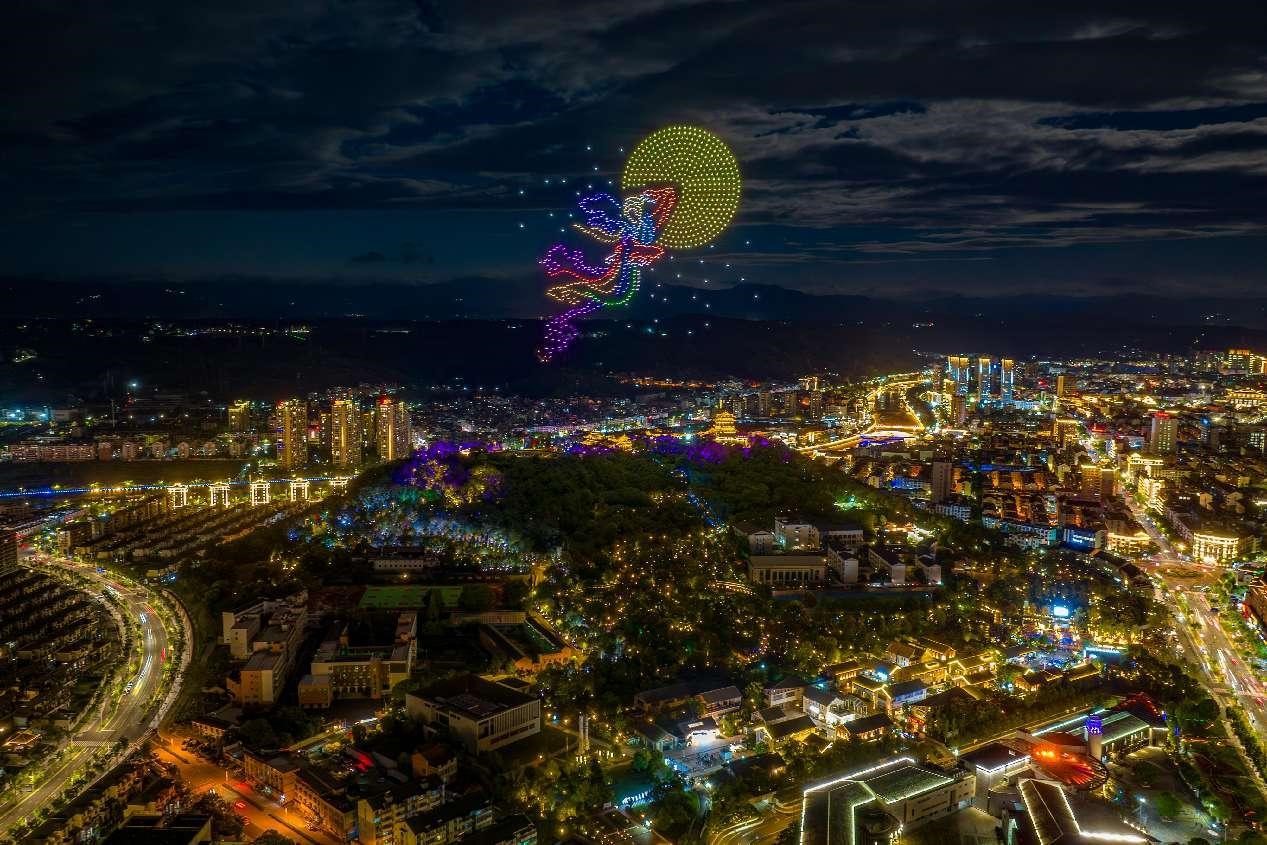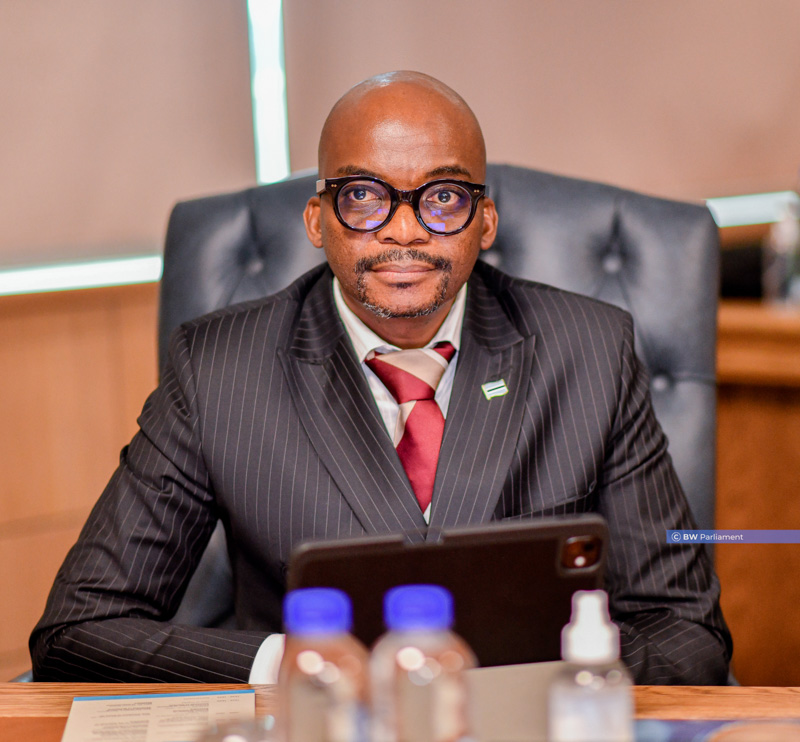
Honourable Advocate Jacob Francis Nzwidamilimo Mudenda, Speaker of the National Assembly of Zimbabwe. Photo: Don Makubaza, Parliament of Zimbabwe
… as delegates leave with no consensus on emergency item
Delegates to the 148th Inter-parliamentary Union Assembly and related meetings that took place in Geneva, Switzerland recently ended their meetings with several accomplishments but no agreement on an emergency item proposed by South Africa calling for a ceasefire in Gaza. The idea was to allow humanitarian aid to reach the people of Gaza and call for the release of hostages on either side of the conflict. This was the second time – after the 147th IPU Assembly that took place in Angola – that delegates failed to agree on an emergency item. Honourable Advocate Jacob Francis Nzwidamilimo Mudenda (JFNM), Speaker of the National Assembly of Zimbabwe attended the 148th Inter-Parliamentary Union Assembly. There, the SADC Group presented him with a Certificate of Distinction for outstanding contributions to the IPU as an Executive Committee Member and for exemplary representation of the Africa Geopolitical Group and SADC. In this exclusive interview with SADC PF Media and Communications Officer Dr Moses Magadza (MM), Speaker Mudenda says that the IPU lost a glorious opportunity to impact on the situation in Gaza. He reacts, also, to his recognition by the SADC Group.
MM: What are your feelings regarding the way the emergency item on Gaza was dealt with by the Members at the IPU?

JFNM: That was a very unfortunate event. This was the second time that the IPU Assembly emerged from the conclusion of its meetings without an emergency item.
We failed to come up with one in Angola on the 147th IPU Assembly and on the 148th Assembly, we again failed to achieve conclusion to an agreed emergency item, which is a very important item because it creates substantive resolutions on the position of the IPU on a recent matter of great interest and international impact. We missed that opportunity, and, in this case, it was generally agreed that the humanitarian needs for the Gaza people was very urgent and therefore, a ceasefire was necessary to allow for humanitarian aid to be given to the people of Gaza in particular, and Palestine in general and, the appeal for the release of hostages from both sides.
As such in my statement later in the day I did say that it was very ironic that we as the oldest institution on parliamentary diplomacy, dialogue and negotiation were unable to employ the tenets of diplomacy, negotiation and dialogue to achieve an agreed position on emergency items. I indicated that this was the greatest irony that the IPU had experienced in the last two Assembles.
MM: How can IPU Members best reach consensus on similar items in future and why is this consensus important?
JFNM: Consensus is important because it creates an agreed position on an issue of international interest; on an issue in which the IPU must pronounce itself in terms of its statutes. As such, we missed the opportunity. I think the moment we had agreed on the proposal by SA, supported by the Africa Geopolitical Group, the Arabs, and also once Israel, Indonesia and Malaysia had withdrawn their own proposition, what was necessary was that the 12-plus group representatives would then give their proposed items and then, as we normally do, we choose some rapporteur who then brings the two proposals and come out with one emergency item. That’s where we missed it.
MM: In your view, what are the key values that underpin the IPU and how can they be strengthened.
JFNM: Well, if we believe in democracy for all, we must be prepared to listen to each other as delegates and be able to work in the spirit of give and take so that there is some commonality on issues that are debated. Otherwise, we end up debating on tangent without having a common purpose, without having a consensus, if not agreement on pertinent issues that are before the Assembly. So, it is important that we exercise the greatest degree of accommodation of views from other people and find a meeting of minds which will enable us in the end to speak with one voice.
MM: Looking back on the 148th IPU Assembly, why, in your view, was consensus not reached on this emergency item?
JFNM: We lacked strategic negotiation and diplomatic skills. I was far up at the back, and I wish I had been nearer to the high table. I would have advised that “Please, don’t discuss the nitty gritty of the two submissions by South Africa and the 12-plus group. Give it to a committee to go and thrash out a common emergency item taken from the two sides that had submitted.” Unfortunately, I did not have that opportunity because I was seated right at the back.
MM: How can these values of diplomacy and democracy be leveraged to bring about harmony and inter-parliamentary cooperation?
JFNM: Well, I think there is need for sharing of synergies in our discussions and we must accept the cross-pollination of ideas. These ideas must find convergence in the end so that we come up with a common position which is summarised through a resolution of the emergency item. I pray that in future, in the next Assembly, that is the 149th, we will not be found wanting again.
MM: At the 148th IPU Assembly, the SADC Group gave you a Certificate of Distinction for outstanding contributions to the IPU as an Executive Committee Member and for exemplary representation of the Africa Geopolitical Group and SADC. What does that recognition mean to you?
JFNM: It is a humbling experience. Sometimes one remains unaware of one’s contribution to an organisation to which one’s parliament is a party, and one feels so humbled that colleagues in the same organisation who have been watching find it befitting that they recognise oneself in terms of their contribution to the organisation. So, one has a feeling of great humility in that regard.
MM: What does it mean to the SADC Region as represented by the SADC PF?
JFNM: It means that SADC PF has given all of us some opportunity to contribute to issues of regional interest and in the process of contribution, it does emerge from time to time that colleagues within the SADC PF proceed to recognise one’s contribution and proceed further to openly recognise the contribution. It is important therefore that while an individual is recognised, in the end, it is really the collective effort of the regional entity in time to tackle issues of regional interest, particularly from a parliamentary perspective.
MM: Finally, what does it mean to your own parliament, the parliament of Zimbabwe?
JFNM: Well, first, I want to place it on record that I am grateful to the Parliament of Zimbabwe to have elected me as Speaker and, therefore, to be the leader of my delegation to the IPU. It is, thus, instructive that the Parliament of Zimbabwe bestowed on me in the trust to lead and contribute at that international level on its behalf and on behalf of the people of Zimbabwe. When we meet at the IPU, we meet as a collective, so it is an opportunity given by my parliament for me to have had the chance to contribute accordingly. More importantly, I want to recognise my Government that proposed my name to be the Speaker of Parliament for a third term and I am grateful for that confidence under the Second Republic to continue to lead the Parliament of Zimbabwe on behalf of the people of Zimbabwe but also, and not least, I take the opportunity to embrace the moral support that I have got from my family. My family has been very supportive of my national and international leadership and have always accorded me that space, especially when I am away from the family, sometimes for quite long instances.








